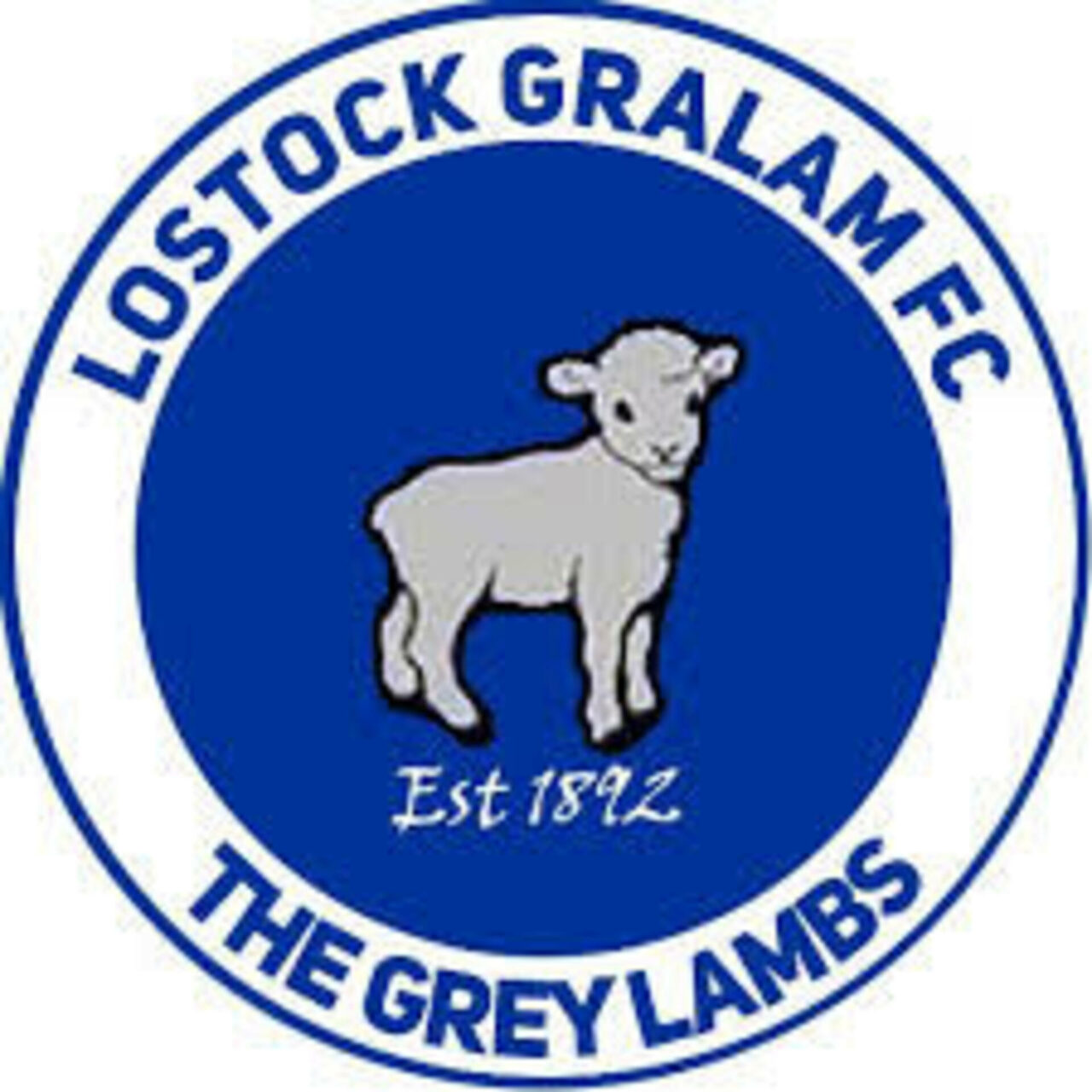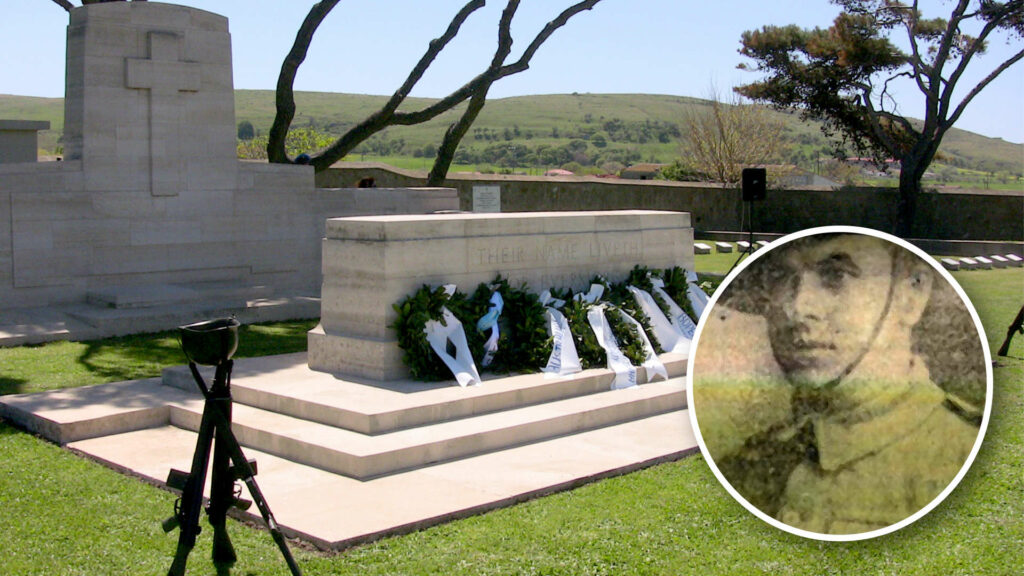Many of us who love the World Game will be enjoying the current EURO competition and looking forward to the football component of the coming Paris Olympics, especially the participation of Australia’s women’s football team. I’m sure more than a few readers will be happy that Olympiakos recently won the European Conference League championship. And of course Panathinaikos has won this year’s Greek Cup.
A few years ago I wrote in Neos Kosmos about the many football games played on Lemnos during the Gallipoli campaign of 1915-16. The records reveal that a number of Australian units formed football teams and enjoyed a few games during their time on the Island. One of those players was Private William Lycett of the 4th Australian Field Ambulance – who had began his playing career in England before coming to Australia and representing Victoria in inter-state football championships. William wrote of a number of football games while he was on Lemnos during the campaign.
Another former player who came to Lemnos as an Anzac was Private James Edge of the 13th Australian Infantry Battalion. Unlike William Lycett, James or Jimmy as he was known – would not play his beloved game on Lemnos. And unlike William he would not survive the campaign and leave Lemnos as it drew to a close. James would remain on Lemnos in one of its war cemeteries.
James’ story highlights one of the important points about the impact of the deaths of overseas-born diggers – as does the story of Private Peter Rados, the Hellenic Anzac from Asia Minor of whom I have written about – is that their loss was felt beyond Australia, in their birthplaces and amongst their friends and family overseas.
James Edge was born in the town of Northwich, a market town in the English county of Cheshire, and south-east of the great port city of Liverpool. According to the local newspaper – the Cheshire Chronicle –James’ father was a boiler cleaner, his grandfather a retired publican, reputed to be one of the oldest licensed victuallers in the district. The local newspaper goes on to report that James was known to many as Jimmy and that he was well-known in his home town, and apparently well-liked.
Prior to his emigration to Australia, he had been educated at the Winnington and Navigation Road Schools and attended the Wittin Church Bible Class. He is reported to have been well-known in sporting circles, with something of a family tradition in local sports. A keen swimmer, for two years running he had won the Med-Cheshire School Boys’ Swimming Shield and is reported to have saved an older boy from drowning in a local river, for which he was awarded the Royal Humane Society’s Bronze Medal. The family tradition included James’ grandfather – known as “Owd Bob” – having been a famous cricketer, a bowler for the Mid-Cheshire side, while his uncle Sandy Forster was also a noted bowler.
But it seems that his great sporting love was football. He is reported to been a “a dashing centre forward.” He not only played with a local Church team (the Witton Church Lads’ Football Club) but also with the Northwich Victoria FC – a club formed in 1874 and known as “The Vics” or “The Trickies”- and the Lostock Gralam FC – formed in 1892 and known as “The Grey Lambs”.

The crests of two of the English football teams that James Edge played for before the war – Northwich Victoria FC and Lostock Graham FC. Source: Wikipedia

The crests of two of the English football teams that James Edge played for before the war – Northwich Victoria FC and Lostock Graham FC. Source: Wikipedia
Around 1912, James arrived in Australia. A bricklayer by trade, he soon obtained employment as a railway porter with a government railway authority, possibly the NSW State Railways. The outbreak of the First World War saw James enlist in the 13th Australian Infantry Battalion at Sydney’s Victoria Barracks on 11th October 1914. The Cheshire Chronicle wrote of James that in Australia:
“He was doing well, and making quite a success of his life when the call of his country came, too insistent to be ignored”
The Chronicle went on to report that James wrote to his mother that whe he was waiting on the pier to board his transport HMAT Ulysses from Melbourne on 22nd December 1914-there was great cheering and a band played as another troopship departed for war.
After arriving in Egypt, James sailed for Gallipoli. The Cheshire Chronicle reported that he wrote regularly to his parents in England during his military service, sometimes two letters a week. In one written 3 months into the Gallipoli campaign, he wrote of the “nice weather … [with] no rain worth talking about … [but] we cannot expect to have good weather all the time.” However he went on in the same letter to say prophetically:
“It will be a good job when this awful war is over, but we shall have to keep on going for a little while longer. Of course, it may last some time yet, and I would not be surprised if it lasted another 12 months.”
In his last letter home reprinted in the Cheshire Chronicle, while noting that military censorship forbade him from saying anything about the campaign, James wrote to one of his former football friends:
“I wish it was over for it must be making a lot of miserable homes. Northwich will be very quiet now I suppose, as all the boys seem to have joined the army, and I am glad to see they are all joining in the game, for it will shorten the war. The more we have the quicker will this awful war end …”

Many of James’ friends and relatives are reported to have joined up, including his only brother who was serving in France as was his uncle Sandy Forster and other relatives.
James’ war would soon come to an end. By the 23rd July 1915, James’ Australian military service file reports that he was suffering from enteric fever, one of the diseases that ravaged the troops at Gallipoli due to the military authorities’ failure to ensure good sanitation on the Peninsula.
He was transferred to the 2nd Australian Stationary Hospital on the Turks Head Peninsula on the shores of Lemnos’ great Mudros Bay. Here he was would have been cared for by its Australia nurses. On the 26th July, Jimmy wrote a postcard to his parents to say that he was in hospital and hoped to be about very shortly.
Yet this was not to be. His condition didn’t improve and he died on Lemnos at the 15th British Stationary Hospital on the 3rd of August, aged only 27. The Cheshire Chronicle reports that James had written to his mother before he embarked from Sydney on the HMAT Kyarra that:
“Goodbye! Mother, whatever danger I am in my last thoughts will be of you. Don’t upset yourself, for I shall be no disgrace to you and I am only doing my duty.”
As the Cheshire Chroncile reported Jams had been well-liked by all, “never and ill word was spoken regarding him and he never made an enemy. ” It also wrote that though he was of “a shy and retiring disposition … modest and unassuming” he was nevertheless “a brave, plucky fellow.”

Following his death he was buried at East Mudros Military Cemetery located just behind the town of Mudros. His family requested that his grave stone should include the following epitaph: “So nobly he lived as nobly he died”
The story of Private James Edge and his service in the Australian Imperial Force at Gallipoli is an example of how soldiers from many nations – and especially the United Kingdom – had come to Australia in the years before the war only to join up into the Australian forces as part of their new country’s war effort.
The impact of Lemnos and Gallipoli on those who served was not limited to their family and friends in Australia but stretched across the world to the countries and communities from where they has began their journey to Australia. The story of James Edge – like that of the Hellene from Asia Minor Peter Rados – reveals such connections.
Lest we forget.
Jim Claven is a trained historian, published author and freelance writer. Secretary of the Lemnos Gallipoli Commemorative Committee, his publications include Lemnos & Gallipoli Revealed, Grecian Adventure and From Imbros Over the Sea. He was also engaged as the consultant historian on the Australian Government’s new Lemnos Remembrance Trail. He can be contacted via email – jimclaven@yahoo.com.au









